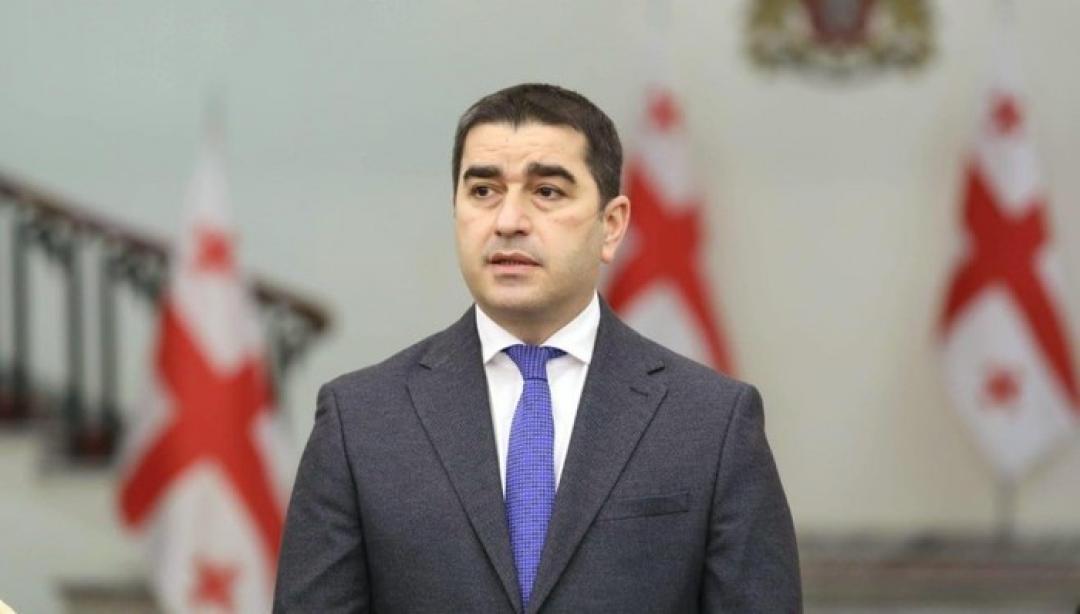
Georgian Parliament Speaker Condemns Opposition's 'hypocrisy' on Russia sanctions

On 26 July, Shalva Papuashvili, the Speaker of the Georgian Parliament, condemned the 'hypocrisy' of the 'radical opposition' for its inconsistent stance on sanctions against Russia. He noted that the same opposition that had previously incited "xenophobic hysteria" was now discussing the benefits of trade with Russia, such as wine and apples, and the benefits brought by Russian tourists. He claimed: "The Georgian people have already shown their first wave of anger towards the opposition. Stressing the public's support for the "forward-looking policy of the Georgian Dream", he said it was not surprising that those who had advocated war were now talking about peace, and that those who had driven farmers and entrepreneurs to bankruptcy were now promoting trade with Russia.
He also criticised the "radical opposition" and NGO representatives for making pro-Ukrainian and anti-Russian statements since the beginning of the war in Ukraine. These statements included calls to send volunteer military personnel and ammunition to Ukraine, to close the skies to Russia, to abolish direct flights with Russia, to introduce a visa regime for Russian citizens and to impose an 'occupation tax'. According to Papuashvili, these actions were attempts to drag Georgia into a war with Russia.
Papuashvili stated that if the government had adopted the anti-Russian measures demanded by the opposition, it would have led to an escalation with Russia, resulting in both economic and military conflict. He stressed that no country or organisation had guaranteed Georgia's security by imposing sanctions on Russia, and that such demands were often made indirectly or behind closed doors. He cited public condemnations of Georgia's policy and calls for sanctions by the Lithuanian Parliament, the European Parliament, the Lithuanian President and the European Commission spokesperson.
Papuashvili also disputed President Salome Zourabichvili's claim that no one was asking Georgia to impose sanctions on Russia, stating that public calls for sanctions would provoke social reactions. He stressed that the Georgian Dream had put the interests of the Georgian people first, resulting in Georgia being "practically the only island of peace in the burning region" with the highest economic growth rate in Europe.
Therefore, he concluded, "on 26 October, our citizens will have the simplest and clearest choice, because it is a choice between war and peace, destruction and progress, and the party of war and the party of peace".
See Also


Simonyan: “Armenia Should Trade with Turkey and Azerbaijan Instead of Closing Borders”

Mirzoyan Meets US Deputy Assistant Secretary Joshua Huck

Azerbaijani President Holds Talks with UAE and German Business Delegations on Economic Cooperation

Grigoryan Confirms Armenia’s Readiness to Dissolve OSCE Minsk Group Upon Peace Treaty Signing

